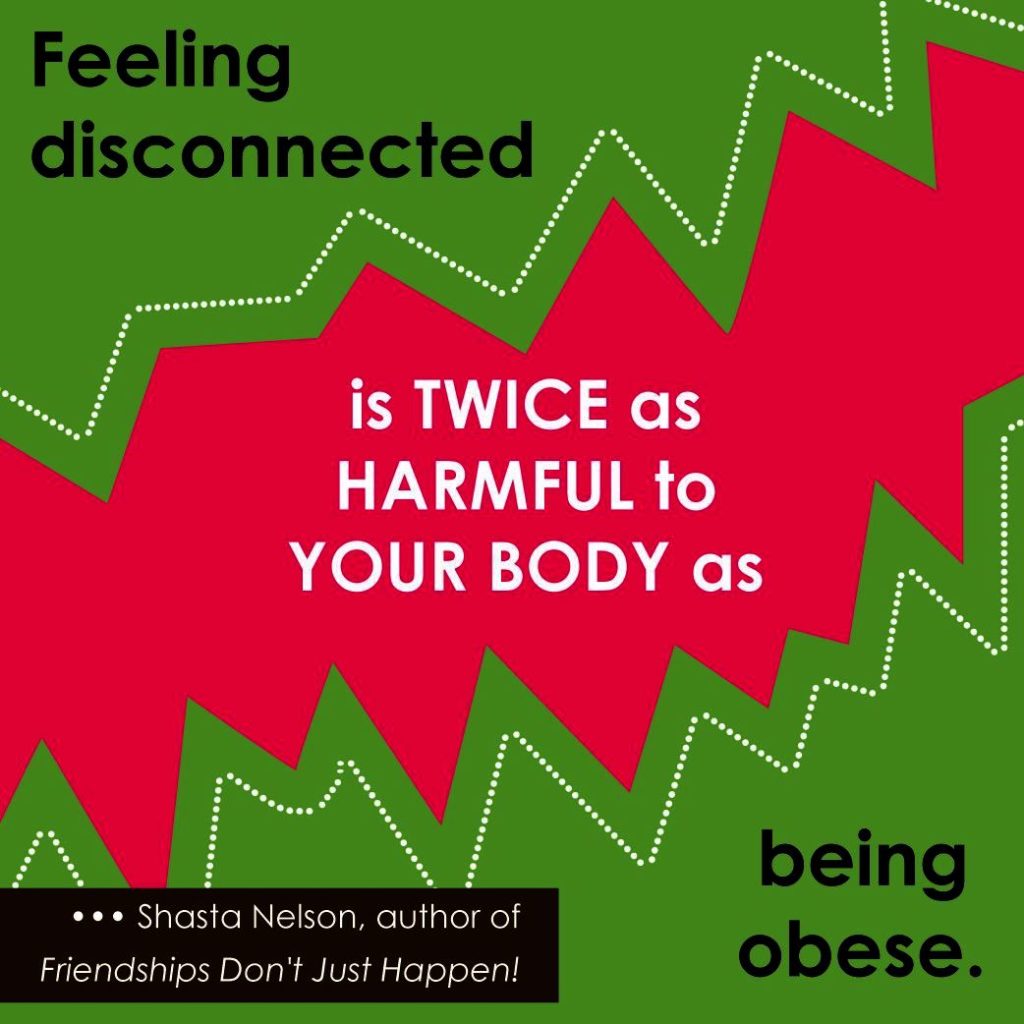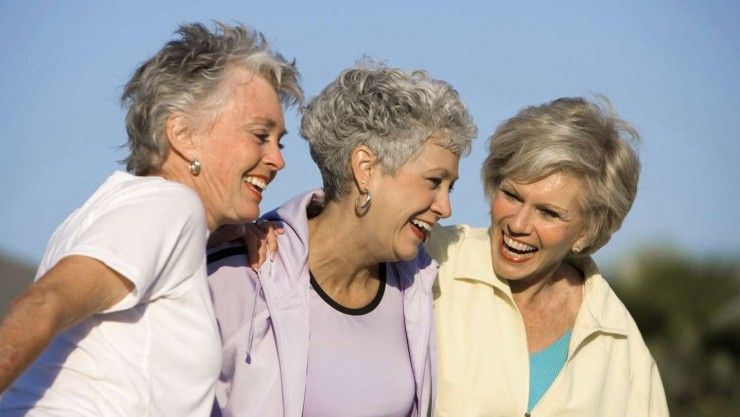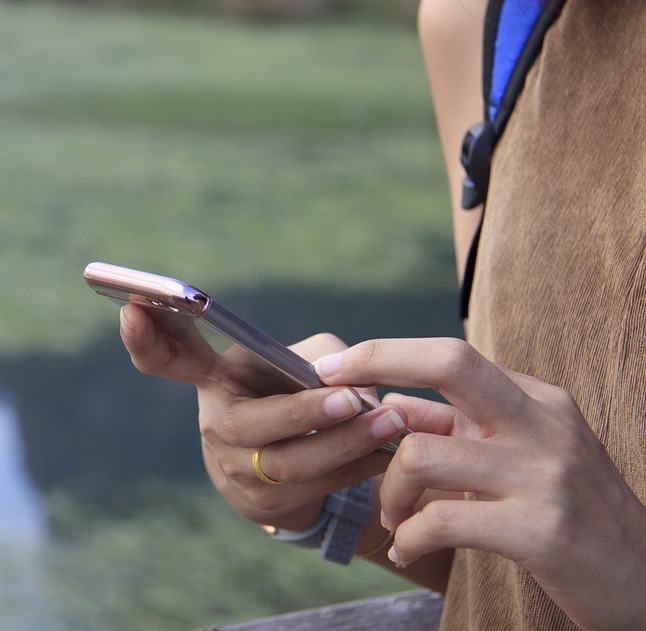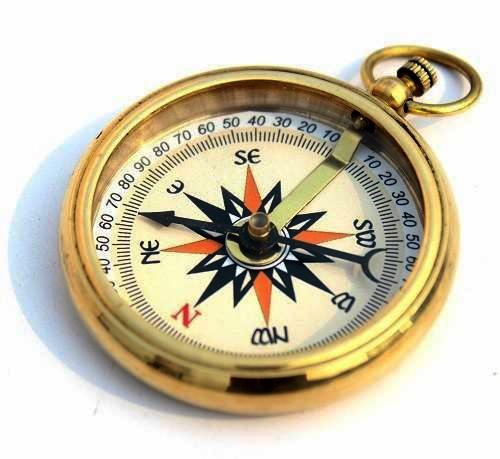By Neil Wolkodoff, PhD
Despite the daily tally of infections and deaths, the actual toll for everyone over 50 may be depression, loneliness, and a toll on mental well being. It was really pretty instant, switching from a regular schedule of in-person contact plus some phone and email to almost no personal connection and every contact being in some electronic form. Add to the issues the direct and indirect warnings to older adults at risk from Covid. The result of all this is in-person social relationships essentially ground to a halt.
Interestingly enough, researchers have already studied this during the pandemic. Some of the results may surprise, some may seem logical. The whirlwind of the last year simply means people are just getting to take a step back and assess the social and mental toll of the changed situation. An important point is that for any age, and especially after 50, social isolation and reduced personal contact, and lessened meaning have a drastic effect on health. There will be healthy people, and post-Covid will exhibit all sorts of maladies from stress symptoms to heart disease and stroke. How you interact socially has a direct relationship to health.

Here are some simple takeaways that might give a bit of substantiation to the direction taken or give some new ideas. Not all experts will have the same list. Thus it is essential to utilize ideas specific to a personal situation. Remember, the statistics point to the fact you are not the same in outlook and needs, and neither are those you previously had contact with before Covid.

Social Engagement is of Limited Value. Twitter, texting, and FB don’t have the typical depth needed in the current situation. Those platforms are designed to be almost guerilla communication – quick, some kind of point, and see you later. And the significance of the research has been no matter how much of that is included in a week, it is still not enough to make up for the depth take-a-ways from pre-Covid.

Substance over Volume. The first observation is that without the volume of weekly relationships, substance wins. In other words, the relationship needs some regularity, at least enough that the mutual sharing back and forth has more depth than usual. Conversations in any form are less in number, so the psychological reverb of the messages and situations needs to ring for a while. “What’s up?” is probably not the depth meter point that people should gauge interaction.
Keep a Schedule. In the spirit of control, what you can control, getting on a regular schedule has a significant effect on personal mental health. Human beings, for the most part, like regularity. It is best to have a daily time for exercise and, more importantly, self-care, whether that be reading a book, meditation, relaxation, stretching, etc. It is also an opportune time to get involved with a community cause that deals with basic needs, like a clothing or food bank in your community.
Your Compass May Have Changed. Everyone is some type of blend of giving and receiving in relationships. Whatever the mix, that functioned based upon many connections each week under normal circumstances. Covid brought that down to almost nothing, and as described, text messages are not the same as having a 47-minute meeting over coffee. The chances are your needs have changed, and the needs of your friends. Conversations that start off with the assumptions of give-get needs on both ends after a significant time away, like over 30 days are likely to not go very well. If the other person doesn’t explore what is going on, then best in the perspective of honesty to tell them how your compass points have changed. At that juncture, they will either respond in a way that makes going forward work, or it might be time to stop the relationship, at least for a while. The reality is that everyone has limited energy, and knowing limits and how to proceed is best for both sides.

Reach out for Support. Everyone has limits, and it may come to the point that friends and acquaintances are sparse in contact with their own issues and their ability to give you a lift. That translates into they are likely to be of lessened value with empathetic listening and support. With the hit-and-run nature of social media without face-to-face contact, those texts and media channels will likely not be enough. Mental health professionals can help navigate through your specifics and, if nothing else, are good listeners, which has significant value.
Become a Wise Guy/Gal. Some research indicates that wisdom, or looking at the big picture, influences compassion and how people see other people and the world. A little tricky with travel restrictions to head to Tibet for a two-week refresher. However, reading and even podcasts on anything related to the human condition and the self will likely spur some exciting ideas and perspectives.

Towel Time. A harsh reality of the current situation is the decreased volume of social interaction highlights the depth of everyday interaction to be minimal. For example, chatting with acquaintance A before Covid was just another arrow in the contact quiver once a month. Now A has pulled back and no contact with A for over three months. Critical decision time as that may not be enough to meet the need for more depth. It may be best to decide on the current point on the give-receive scale. Even people who were regular givers most of the time are now running out of giving energy and need to re-charge. This means possibly taking a break from some past acquaintances, and in some instances stopping the relationship altogether.
References
Wu, B. Social isolation and loneliness among older adults in the context of COVID-19: a global challenge. glob health res policy 5,27 (2020). https://doi.org/10.1186/s41256-020-00154-3
Webster, Jeffrey & Westerhof, Gerben & Bohlmeijer, Ernst. (2012). Wisdom and Mental Health Across the Lifespan. The journals of gerontology. Series B, Psychological sciences and social sciences. 69. 10.1093/geronb/gbs121.
Wang J, Mann F, Lloyd-Evans B, Ma R, Johnson S. Associations between loneliness and perceived social support and outcomes of mental health problems: a systematic review. BMC Psychiatry. 2018;18(1):156.
Nicholson NR. A review of social isolation: an important but underassessed condition in older adults. J Prim Prev. 2012;33(2–3):137–52.
Hawkley LC, Cacioppo JT. Loneliness matters: a theoretical and empirical review of consequences and mechanisms. Ann Behav Med. 2010;40(2):218–27.
Valtorta NK, Kanaan M, Gilbody S, Ronzi S, Hanratty B. Loneliness and social isolation as risk factors for coronary heart disease and stroke: systematic review and meta-analysis of longitudinal observational studies. Heart. 2016;102(13):1009–16.
Hawkley LC, Thisted RA, Masi CM, Cacioppo JT. Loneliness predicts increased blood pressure: 5-year cross-lagged analyses in middle-aged and older adults. Psychol Aging. 2010;25(1):132–41.
Hartup, W. W. (1997). Friendships and adaptation in the life course. Psychological Bulletin, 121, 355–370.
Perissinotto CM, Stijacic Cenzer I, Covinsky KE. Loneliness in Older Persons: A Predictor of Functional Decline and Death. Arch Intern Med. 2012;172(14):1078–1084.
Ryan Van Patten, Ellen E. Lee, Rebecca Daly, Elizabeth Twamley, Xin M. Tu, Dilip V. Jeste, Assessment of 3-dimensional wisdom in schizophrenia: Associations with neuropsychological functions and physical and mental health, Schizophrenia Research, Volume 208,
2019, Pages 360-369.
Buchman AS, Boyle PA, Wilson RS, et al. Loneliness and the rate of motor decline in old age: the Rush Memory and Aging Project, a community-based cohort study. BMC Geriatr. 2010;10(1):7720969786
Yang YC, Boen C, Harris KM. Social relationships and hypertension in late life: evidence from a nationally representative longitudinal study of older adults. J Aging Health. 2015;27(3):403–31.
Coyle CE, Dugan E. Social isolation, loneliness and health among older adults. J Aging Health. 2012;24(8):1346–63.
Rosemary Blieszner, PhD, Aaron M Ogletree, PhD, Rebecca G Adams, PhD, Friendship in Later Life: A Research Agenda, Innovation in Aging, Volume 3, Issue 1, January 2019, igz005.
Jeste, D. V. & Lee, E. E. (2019). The Emerging Empirical Science of Wisdom. Harvard Review of Psychiatry.
Bouwman, TE, Aartsen, MJ, van Tilburg TG, Stevens NL. Does stimulating various coping strategies alleviate loneliness? Results from an online friendship enrichment program. Journal of Social and Personal Relationships, 2017:34, 793–811.